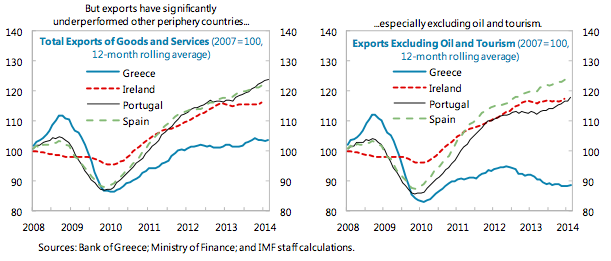Taleb diz: "No stability without volatility"
"São necessários mais estimulos financeiros, sobretudo públicos?O financiamento é necessário mas não pode ser o único instrumento. Os empresários têm que fazer a sua parte. Ser empresário é assumir o risco e a responsabilidade de investir o seu próprio capital ou capital alheio sobre o qual assume a responsabilidade. E este programa de financiamento que está a ser desenhado faz com que os empresários assumam a responsabilidade por este investimento, não é dinheiro grátis. É dinheiro que exige responsabilidade.[Moi ici: Eu traduzo... dinheiro fácil para fogo de artifício ao estilo da Overcube. Quem pode estar contra o investimento no digital? É o futuro, assegurarão os gurus. Só que se calhar ainda precisam de fazer pequenas experiências para descobrir o modelo de negócio. Aposto que suportados no dinheiro do estado vão actuar ao estilo da Webvan]E para onde deve ser canalizado esse investimento?Tem que ser feito em áreas que, sobretudo, permitam beneficiar deste mundo digital em que hoje vivemos. Num mundo digital não há países periféricos. Isso significa que, com mais qualificação, com o arrojo dos nossos empresários que pensam num mundo global, é possível conseguirmos, seja nas áreas dos serviços ou do produto, efetivamente, estar no mundo. Nós, em 50 anos não conseguimos construir uma única marca global e paises da dimensao do nosso tem várias. Está na altura de o conseguirmos. E é importante que consigamos que essa marca global, ou essas marcas globais, possam servir de âncora para todo um ecossistema de outras empresas que possam acompanhar essa marca na sua internacionalização." [Moi ici: Eu traduzo, não tem qualquer pista, mas tem de dizer algo e, por isso, fala de marcas. Oh! Não temos uma marca! Vamos construir uma. Só precisamos de investimento suportado pelo estado]
Trecho retirado do JdN de ontem, em ""Num mundo digital não há países periféricos"".
Entretanto no WSJ de ontem apanhei, "Bosses Know Al Is Big But That's About All":
"The potential of artificial intelligence isn't just flummoxing technology entrepreneurs. Chances are that your boss is standing at the base of the learning curve, too - right next to you. Rarely has such a transformative, new technology spread and evolved so quickly, even before business leaders have grasped its basics.
No wonder that in a recent survey of 2,000 C-suite executives, 61% said AI would be a "game-changer." Yet nearly the same share said they lacked confidence in their leadership teams' AI skills or knowledge, according to staffing company Adecco and Oxford Economics, which conducted the survey.
The upshot: Many chief executives and other senior managers are talking a visionary game about AI's promise to their staff-while trying to learn exactly what it can do.
...
A spring survey of 10,000 workers and executives by organizational consulting and executive search firm Korn Ferry also cited Al as a reason 71% of CEOs and two thirds of other senior leaders said they had "impostor syndrome" in their positions.
"They're uncertain about the impact, they're grappling with how not to fall behind," says Mark Arian, CEO of Korn Ferry's consulting business. "It's hard not to feel like an impostor.""
A história mostra-nos que injecções de capital público frequentemente resultam em desperdício e fracassos retumbantes onde o dinheiro é queimado em projectos sem solidez. Como aquelas pessoas que compram um bruto carrão, mas depois não têm dinheiro para manter o carro. Aparentemente, esse padrão repetir-se-á quando se fala em fomentar a criação de marcas globais a partir de uma visão superficial e sem uma estratégia clara, apenas com o suporte financeiro estatal.
Não estou a falar de crime, estou a falar de dinheiro fácil.









%2006.21.jpeg)












